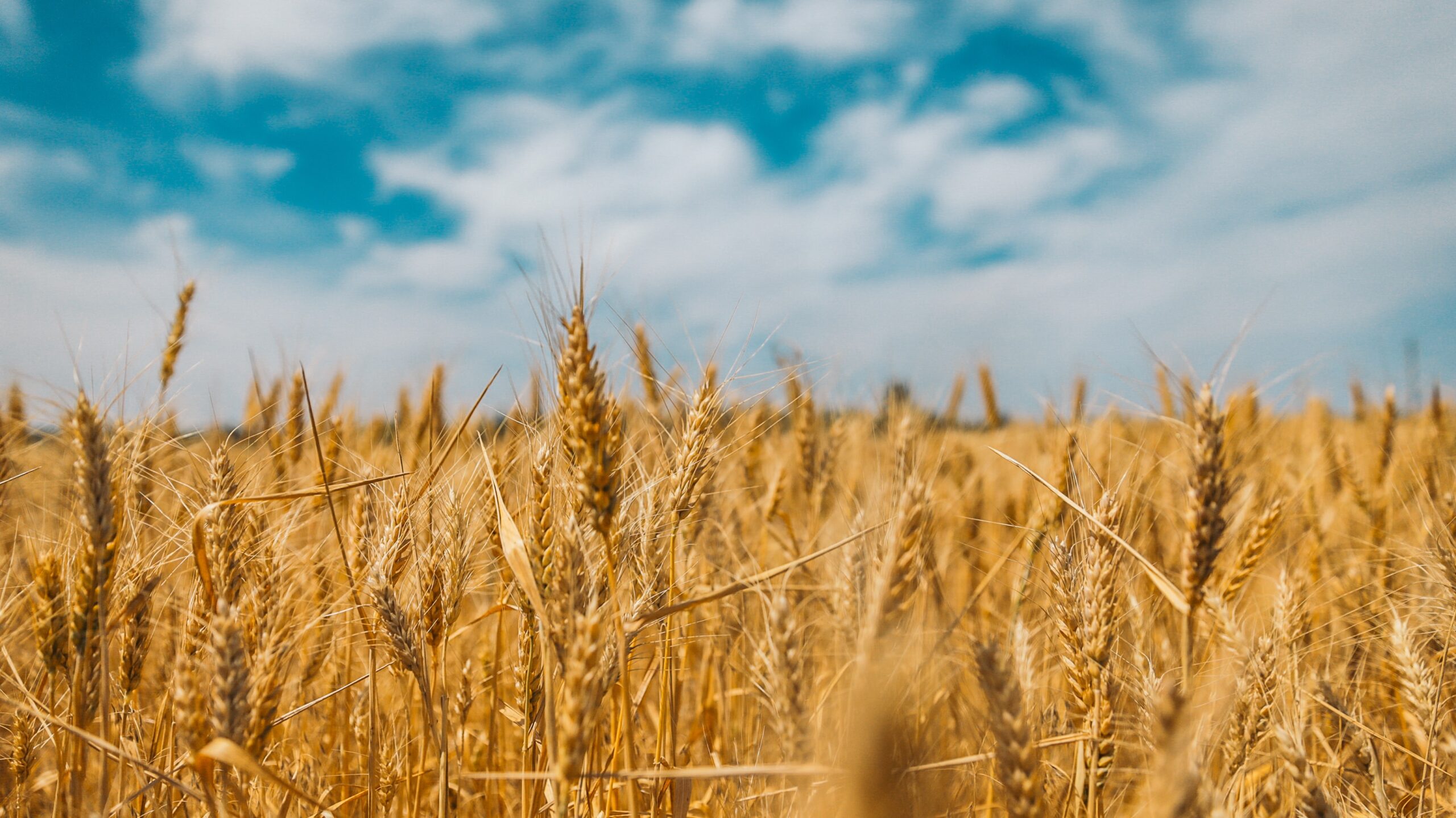The Programme Committee of the Baltic Research Programme selected a list of projects recommended for funding. One of them prepared by RTO Lithuania member – Lithuanian Research Centre for Agriculture and Forestry.
Bread wheat accounts for nearly 50 % of European cereal production. However, European crop yields have stagnated in major production areas due to abiotic and biotic stresses caused by climate change. Global wheat production is predicted to expand towards the Northern regions. Breeding climate-resilient wheat varieties is an important research task for the Baltic and Nordic countries to ensure safe and sustainable food systems.
The NOBALwheat aims to establish a spring wheat collection originating from Baltic states and Norway and test it’s genetic plasticity and adaptation capacity to the climate change for different countries by phenotyping over three years and genotyping it. Superior genotypes will be directly introduced into breeding programs for the development of disease- and abiotic stress-resistant varieties.
All partners will benefit from know-how and technology transfer and will make use of the climate-fit wheat varieties to secure yields and ensure sustainable food systems, and will profit from the advanced field sensing technology which is an important part of digitalization in future agriculture.
79 applications from 19 Lithuanian research and study institutions were submitted in total for the Baltic Research Program call announced by the Research Council of Lithuania. The partners to carry out research projects led by Lithuanian researchers are institutions from Latvia, Estonia, Norway, Iceland, and from Liechtenstein. The applicants applied for the funds of almost 75M EUR. The average value of one project is 0.95M EUR.
